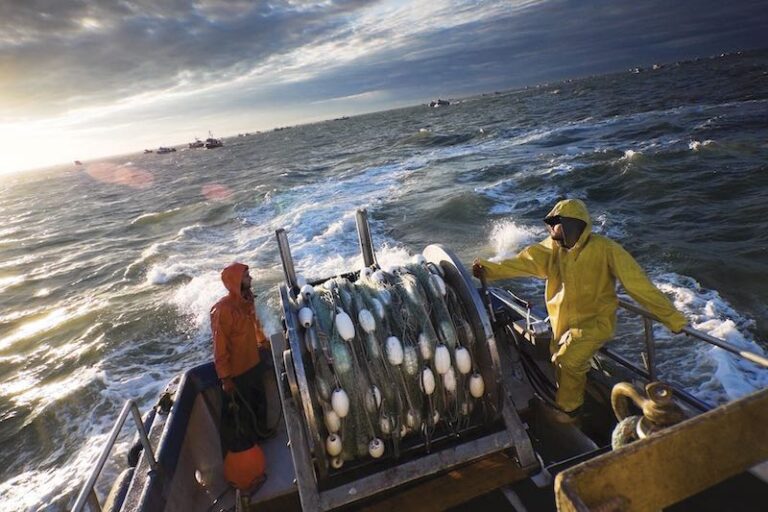Saudi Arabia is attempting to stop overfishing. It is a rich and abundant hotspot for marine biodiversity, with a coastline that stretches over 3,800 km along the Arabian Gulf and the Red Sea.
Despite this, overfishing poses several challenges and dangers to the Kingdom’s marine resources since it damages and depletes fish stocks, putting many species at risk of extinction.
Moreover, the maritime industry is not overlooked because the Kingdom’s Vision 2030 is all-encompassing. In keeping with this goal, the Kingdom is working hard to safeguard its marine resources by funding scientific studies, monitoring fishing activities, and—above all—raising public awareness of environmental issues.
The FAO Compliance Agreement Overview
Promoting adherence to international conservation and management measures by fishing vessels on the high seas is the goal of this agreement (the Compliance Agreement). It seeks to enhance the function of flag states and guarantee that they have more authority over their ships to guarantee adherence to global conservation and management protocols. 
In addition, this agreement allows flag states to efficiently carry out their duties to guarantee that their vessels adhere to international regulations. It also highlights their unique obligation to guarantee that none of their vessels fish on the high seas without a licence.
The goal of the Compliance Agreement is to stop ships engaged in high seas fishing from reflagging to countries that are unwilling to enact global fisheries conservation and management policies. International cooperation, enforcement, and fishing vessel record keeping are the main topics of its provisions. Besides, the Compliance Agreement came into effect on April 24, 2003, after the twenty-fifth instrument of acceptance was deposited with the Organisation’s Director-General. At its Twenty-seventh Session in November 1993, the FAO Conference gave it its approval.
Read more: Saudi Arabia Expands Three Ports’ Shipping Services
Signing a Deal to Stop Illegal Fishing
Saudi Arabia has joined the Food and Agriculture Organisation of the United Nations (FAO) Agreement on Port State Measures to Combat Illegal, Unreported, and Unregulated Fishing, according to the Kingdom’s announcement from the environmental and agricultural ministry. The objective is to guarantee global environmental sustainability and improve the Kingdom’s marine biodiversity protection.
Likewise, the Ministry underlined that with this accession, the Kingdom is extending its commitments to international environmental agreements, demonstrating its steadfast efforts to protect marine resources and halt the depletion caused by overfishing.
This agreement complies with national laws that make illicit fishing a crime. It improves the ability of responsible authorities to keep an eye on ships and ports and enforce stringent protocols to confirm the legality of fishing and the provenance of fishery products.
Read more: The Saudi Arabian Government’s First Yachting Regulation
The Reason for Signing the Contract
By imposing severe and deterrent penalties on violating vessels and helping to increase public awareness of the value of protecting marine resources, this agreement also improves the work and coordination between the authorities involved in ports, fisheries, and the environment.
Furthermore, in keeping with Vision 2030, which seeks to conserve natural resources and safeguard the environment through sustainable methods, this accession fits into Saudi Arabia’s efforts to meet sustainable development goals.
In a nutshell, the Kingdom has successfully taken action to safeguard its coastlines from marine depletion and the loss of marine resources by fighting overfishing and signing the agreement, which is consistent with the Kingdom’s Vision 2030 for sustainable development.
Read more: Saudi Arabia is Soon to be the World’s Premier Maritime Hub